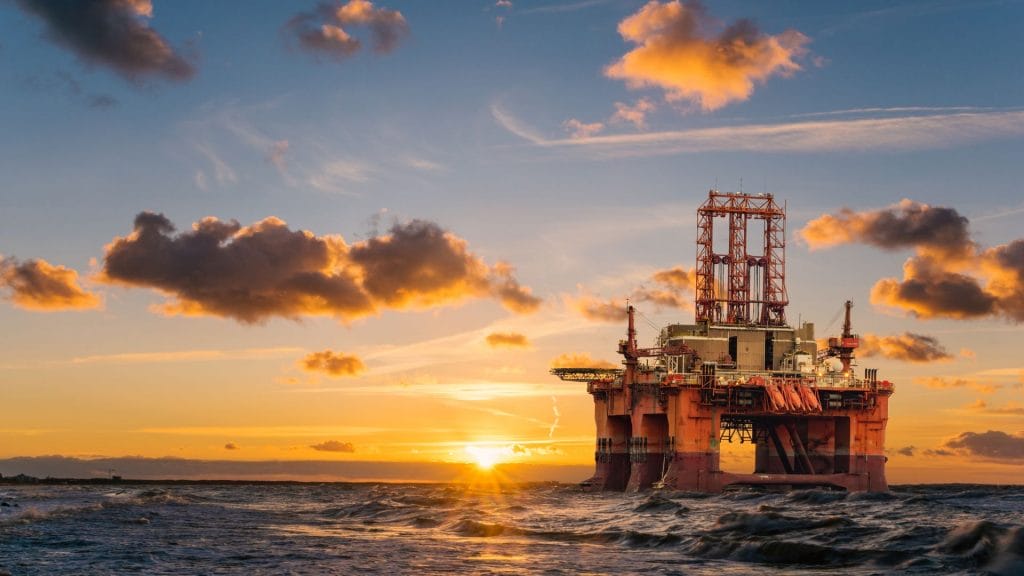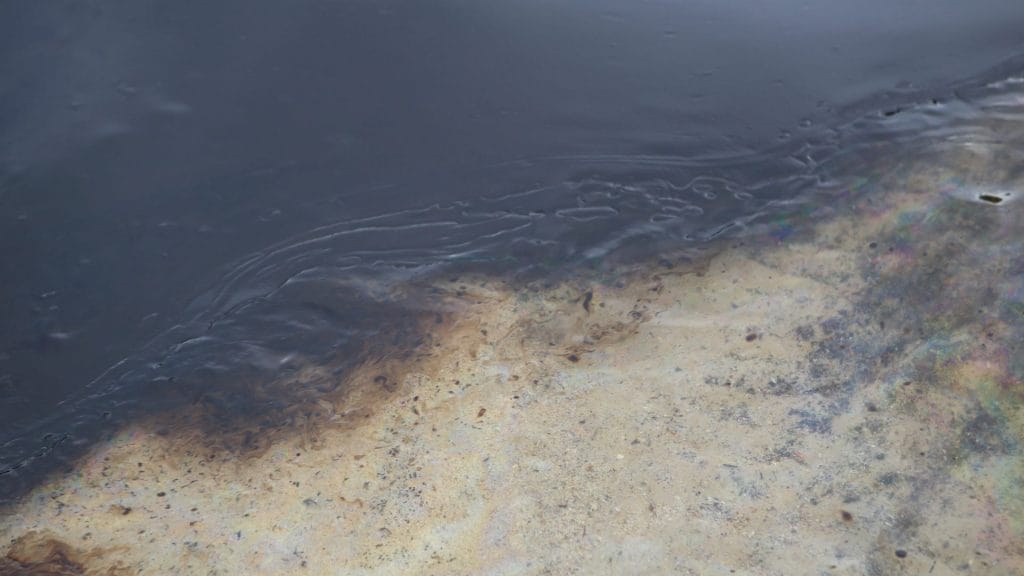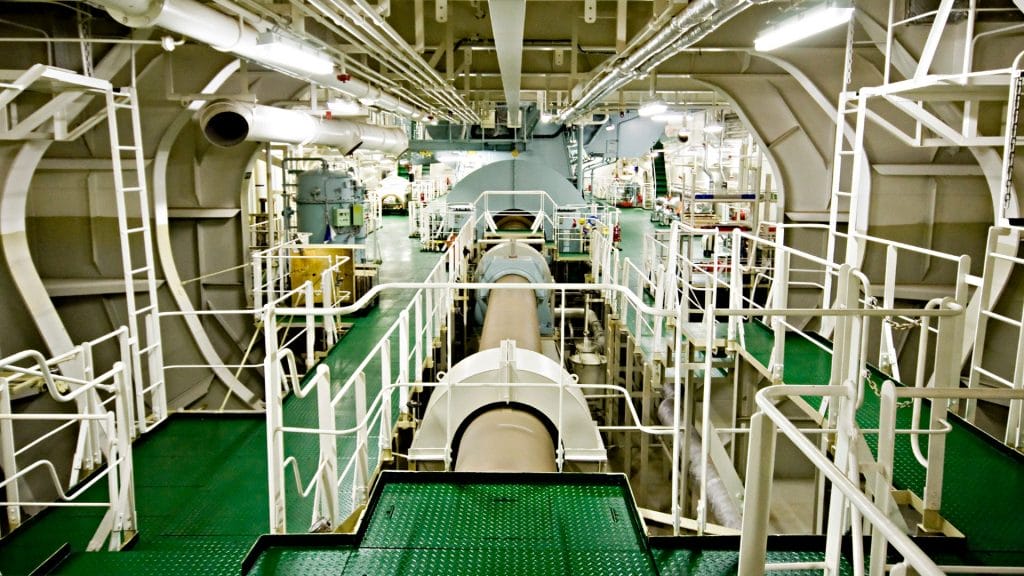Marine and Offshore Chemical Spill Recovery: How to Restore Critical Systems Quickly

Key Takeaways:
- Marine chemical spills in vessels require rapid, specialised intervention: Marine and offshore vessels present unique challenges, such as confined spaces, corrosive vapours, and sensitive equipment, making immediate and tailored recovery essential.
- Containment and isolation are critical first steps: Sealing off affected zones helps prevent contamination from spreading to critical systems and ensures a safer environment for recovery teams.
- Decontamination must be adapted to marine conditions: Recovery teams work within confined spaces and high-moisture environments, using compact equipment and proprietary cleaning techniques.
Delays can lead to operational and regulatory setbacks: Unattended spills can disrupt vessel operations, impact compliance timelines, and pose health and safety risks for the crew, underscoring the need for fast, coordinated action.
Introduction
Chemical spills in marine and offshore vessels present complex operational challenges that extend far beyond surface contamination. These incidents often occur in confined and high-risk zones such as engine rooms, generator compartments, and ventilation systems. Such areas contain essential infrastructure and pose immediate safety risks to personnel. Delayed intervention can result in widespread system failure, prolonged downtime, and increased exposure hazards.
Effective marine environmental spill recovery for vessels relies on a fast, coordinated response that accounts for the technical constraints of offshore environments. This article outlines the primary risks of chemical spills at sea and explains how businesses can act quickly to contain contamination, restore critical systems, and maintain operational continuity.
How Do Chemical Spills Threaten Crew Safety and Onboard Systems?
Chemical leaks on vessels or offshore platforms can have immediate and widespread consequences. Corrosive substances may damage electrical switchboards, fuel delivery systems, and HVAC components, leading to failures in essential operations. At the same time, hazardous vapours released in enclosed areas can pose serious respiratory risks to personnel, particularly in poorly ventilated spaces.
If not contained quickly, these vapours can travel through ventilation ducts, extending contamination to unaffected zones and increasing the overall recovery scope. At this point, both operational stability and crew safety are at risk. Timely, professional chemical spill cleanup is critical to limit escalation and restore control.
Why Isolation Is the First Step in Minimising Damage
In marine environmental spill recovery, time is a decisive factor. High-risk zones such as engine rooms, thruster compartments, and generator spaces are tightly configured and filled with essential systems. Delays in isolating these areas allow corrosive substances and vapours to spread, increasing the duration, complexity and cost of restoration.
The first step in effective containment is sealing off affected spaces to halt cross-contamination. Prompt isolation not only protects adjacent systems but also establishes a safer environment for response teams. Engaging trained specialists for hazardous spill cleanup ensures that isolation and containment procedures meet rigorous industry and safety standards.

What Makes Marine Decontamination So Challenging?
Decontamination in marine environments presents distinct technical challenges. Offshore platforms and vessels operate under constantly changing conditions, where limited access, motion, high humidity, and salt exposure can all hinder recovery efforts. Standard cleaning methods are often unsuitable in such settings.
To address these constraints, specialist marine cleaning services in vessels use compact, non-intrusive equipment designed for confined spaces. Cleaning agents are carefully chosen to match the specific chemical profile of the spill and the materials involved, helping to prevent corrosion or further system degradation during the recovery process.
Why Rapid Restoration of Critical Systems Is Non-Negotiable
After complete containment and cleaning, attention must immediately shift to system restoration. Electrical panels, control units, and sensors exposed to corrosive substances must be thoroughly assessed for issues such as thermal damage, surface etching, and altered conductivity.
Depending on the extent of exposure, recovery may involve component replacement, control recalibration, and phased system reactivation supported by full functional testing. In vessel and marine environmental spill recovery, speed is essential. Delays in restoring critical systems can disrupt vessel schedules, compromise compliance timelines, and prolong operational downtime.
What Are the Risks of Delayed Recovery After a Spill?
Unplanned downtime caused by chemical spills can escalate quickly, affecting not just operations but compliance and contractual obligations. Delays may result in missed inspection windows, disrupted charter schedules, and postponed crew rotations. In highly regulated sectors such as shipping and offshore energy, failure to meet compliance requirements can lead to financial penalties and long-term reputational damage.
The importance of rapid, coordinated response was demonstrated during Singapore’s major oil spill in June 2024, when 400 tonnes of fuel were discharged into local waters. The Maritime and Port Authority (MPA) activated its emergency plan within 11 minutes, deploying over 800 personnel and 2,300 volunteers to contain the spill. This swift action helped limit environmental and operational impact.
For businesses, the lesson is clear. Delays in marine environmental spill recovery increase operational, regulatory, and reputational risks. Just as national agencies prioritise speed and coordination, marine operators must be equally prepared to act without hesitation.

Moving Forward: Get Back to Operations Safely and Efficiently
Marine chemical spills require more than immediate containment. Effective recovery demands technical expertise, sector-specific experience, and a clear understanding of regulatory requirements.
BELFOR delivers integrated recovery solutions designed for commercial and industrial marine operators in Asia. With capabilities in marine environmental spill recovery, our team supports businesses in restoring critical systems, protecting personnel, and minimising operational disruption.
If your vessel, or offshore site requires urgent recovery or decontamination, contact us to discuss a tailored response plan.


